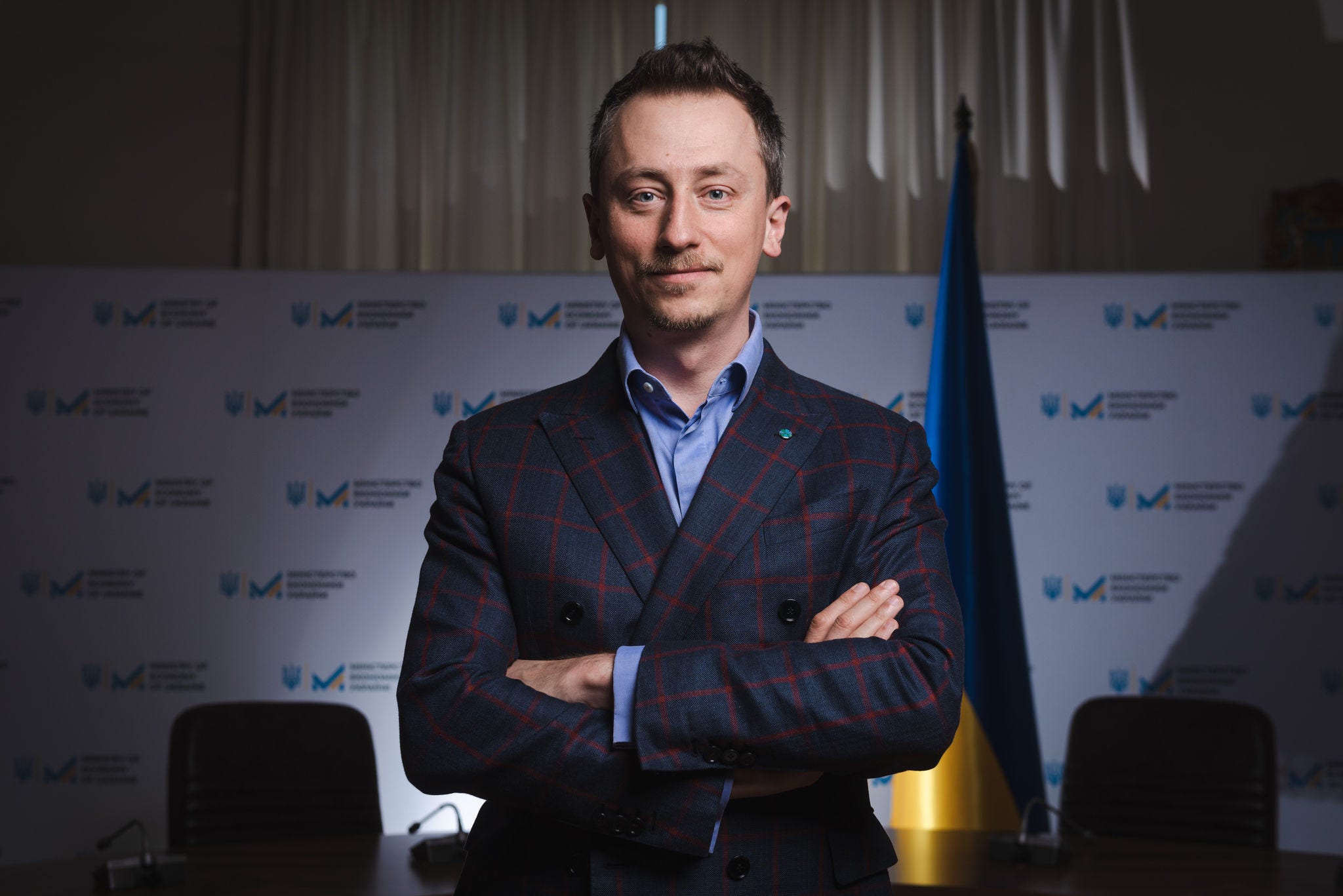Once fully implemented, this system will provide war risk insurance coverage to foreign investors, specifically covering physical damages caused by external aggression, such as the military destruction of property, infrastructure, and assets. However, the initial mandatory coverage is currently drafted to be limited to certain types of property, such as residential buildings and bank collateral, with further expansion to sectors like agriculture, business properties, and transportation planned for the future.
The system will operate through a state-backed agency which will oversee the underwriting, risk assessment, and claims processing. The state agency will initially carry the majority of the responsibility for war risk coverage within its own financial limits, with the potential to involve international reinsurers at a later stage. The Ministry is now actively working with various experts to set up the state agency with proper corporate governance and efficient operational frameworks that would ensure its long-term viability and credibility.
For foreign investors looking to mitigate risks right now, there are several mechanisms already in place:
- Insurance Providers: Ukraine currently has eight registered insurance companies offering war risk coverage, although the market is limited and coverage is only available on a case-by-case basis. These companies are mainly top-tier insurers but often lack the capacity to cover larger risks due to international reinsurers generally pulling back from the market.
- State-Supported Mechanisms: For certain sectors, particularly agriculture and transportation, the Ukrainian government has created programmes like the Unity Facility which offers insurance for vessels transporting goods through Ukraine’s maritime Black Sea corridor and is operated through private sector backing.
- Export Credit Agencies (ECAs): Several ECAs, such as those from France, the UK, and Germany, offer guarantees and insurance for investments and trade with Ukraine. These guarantees can cover up to 90% of investment risks, especially for foreign companies engaged in large infrastructure and industrial projects. Ukraine’s ECA has also implemented several products for insuring direct investments and investments in processing industry and exports of Ukrainian products against war and political risks.
- MIGA and DFC Agreements: Options for coverage of investments have been introduced by MIGA (the Multilateral Investment Guarantee Agency) and the DFC (U.S. International Development Finance Corporation). These institutions provided war risk insurance for several projects, such as the Lviv Superhumans Centre, ensuring protection against political and military risks.
- Reinsurance Facilities: The European Bank for Reconstruction and Development has also stepped in to provide reinsurance for war risks to Ukrainian insurers, with coverage of up to EUR2 million per insured object and EUR5 million per contract. This enables local insurers to offer more comprehensive coverage to businesses in Ukraine.
While Ukraine is still in the process of finalising its legislative framework for war risk insurance, there are already a variety of options for foreign investors to mitigate risks through both state-backed programmes and international insurance mechanisms. These initiatives are critical to attracting continued investment during this period of uncertainty and, with the planned launch of the national war risk insurance system, Ukraine is taking important steps towards creating a more secure environment for foreign investments in the future, where insurance products will play a major part.


